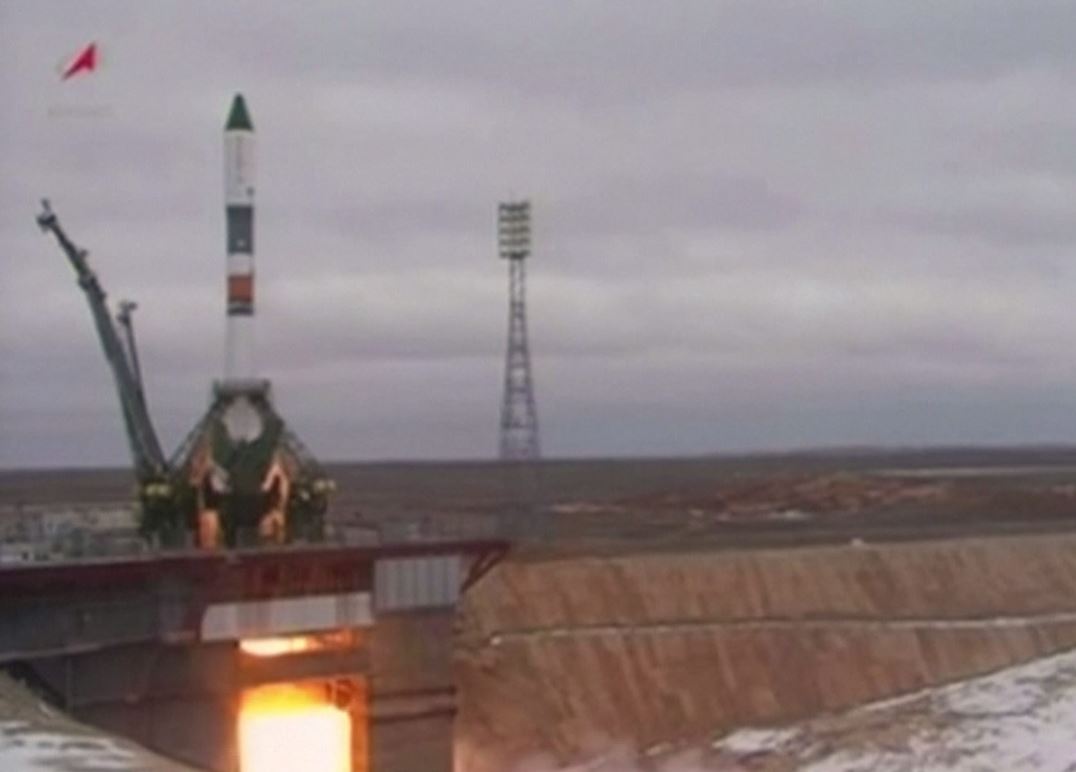INTERNATIONAL: Russia's new space chief on Tuesday (July 26) signalled his country's intent to withdraw from the International Space Station after 2024, but a senior NASA official said Moscow has not communicated its intent to pull out of the two-decade-old orbital partnership with the United States.
"Of course, we will fulfill all our obligations to our partners, but the decision about withdrawing from the station after 2024 has been made," Yuri Borisov, the newly appointed director general of Russia's space agency, told Russian President Vladimir Putin on Tuesday.
The U.S. State Department on Tuesday (July 26) said it was taken by surprise by Russia's announcement that it plans to pull out of the International Space Station and called it an "unfortunate development."
State Department spokesperson Ned Price told a regular news briefing the news was an unfortunate development, given the critical scientific work performed at the ISS.
But Robyn Gatens, the director of the space station for the National Aeronautics and Space Administration, said her Russian counterparts have not communicated any such intent, as required by the intergovernmental agreement on the station.
The ISS arrangement between the United States and Russia is one of the last links of civil cooperation between the two countries as relations have sunk to their lowest point since the Cold War over Russia began its war in Ukraine on Feb. 24.
Still, NASA and Roscosmos, Russia's space agency, have been in talks to extend Russia's participation on the space station to 2030, and the White House earlier this year approved NASA's plans to continue running the orbital laboratory until then.
NASA has seen Russia as crucial to keeping the space station running, and agency officials are keen on keeping the partnership in place through 2030, officials have previously said.
A football field-sized orbital science laboratory some 250 miles (400 km) above Earth, the station counts Canada, Japan and the European Space Agency as other key partners, though Russia and the U.S. are regarded as the outpost's core stakeholders -- Russian thrusters control the station's position in orbit, while an American power grid keeps the outpost running.
Earlier this month, Russia and the U.S. agreed to resume sharing astronaut flights to the space station, allowing cosmonauts to fly on American vehicles in exchange for American astronauts flying on Russia's Soyuz.
PHOTO: VARIOUS FILE FOOTAGE OF INTERNATIONAL SPACE STATION / ASTRONAUTS ARRIVING AT ISS / SOYUZ CRAFT ARRIVING AT ISS / SOYUZ CRAFT AND ASTRONAUTS RETURNING TO EARTH / RUSSIAN COSMONAUTS PERFORMING SPACEWALK






















